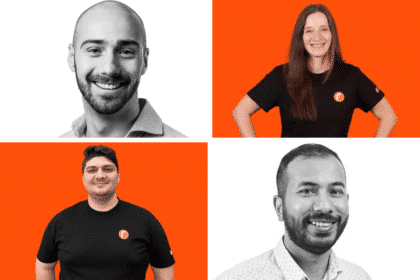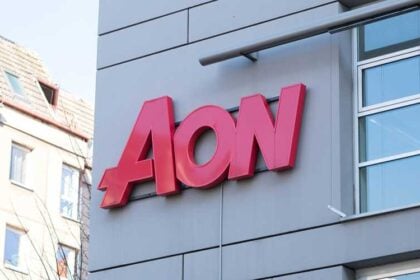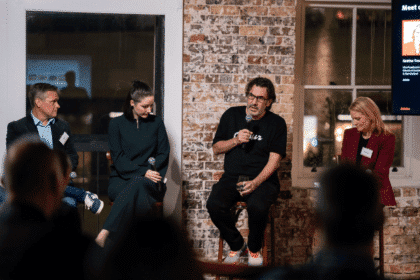When Martin Lindstrom was growing up in Denmark, like many kids his age he loved Lego. So much so was his love for the little plastic bricks that he slept on a bed made out of Lego and built his very own Lego land in his backyard.
The trouble for him was that nobody turned up. So he decided to advertise his home-grown attraction and he succeeded in bring 131 people to his place. Unfortunately (or perhaps fortunately) for Martin, the last two people who arrived to see his wonderland were two Lego lawyers.
It’s an old story, but it’s what launched Lindstrom’s career as a brand guru and serves well to bring an understanding of the man behind the human brand who spends 300 days a year on the road preaching his message. He spoke this week at the World Marketing and Sales Forum in Melbourne.
Obsessive and proud, Lindstrom talks fast and has no doubt of his conviction. He answers all questions thrown at him with a machine gun tempo and lists his points numerically as he goes.
Lindstrom’s obsessive nature has seen him, delve deeply into research from the physical reaction of the human brain, which treats brands and religion as the same, through to people’s reactions when friends recommend brands and products. He’s worked with 25% of fortune 100 brands and he says about that many of them will survive into the future.
Check out some of his work here.
Companies will need to create stronger brands not unlike how religion is maintained, with company rituals and strong belief structures, he beleives. However many companies will fail this test because they are being run by politics and have lost focus on customers.
Incumbent organisations will also struggle with innovating and delivering consumers what they need because they are held back by fear.
The gap opened by this reluctance or inability to change, opens the door for nimble startups, which have nothing to lose, to steal market share. Concepts like authenticity and ethics will become key leverage points for challenger brands looking to exploit slow moving incumbents, says Lindstrom.
The key message for big companies from Lindstrom: you’re not that safe anymore.








